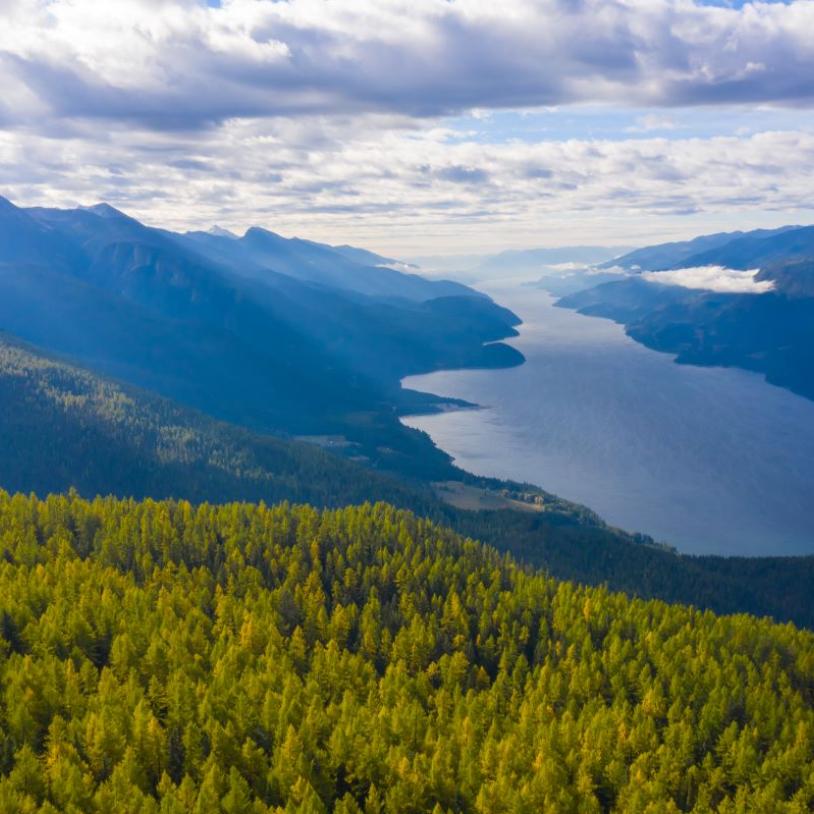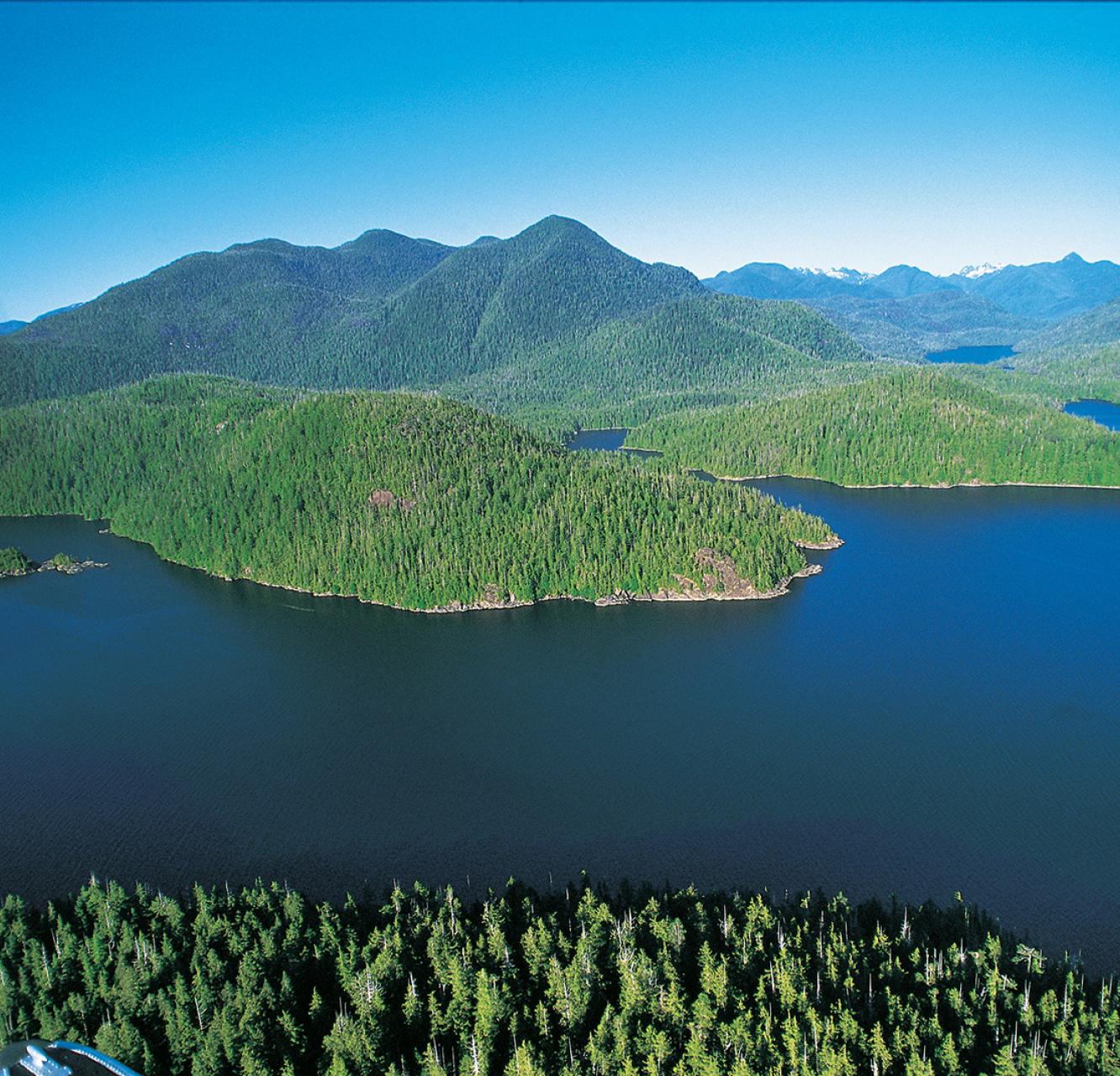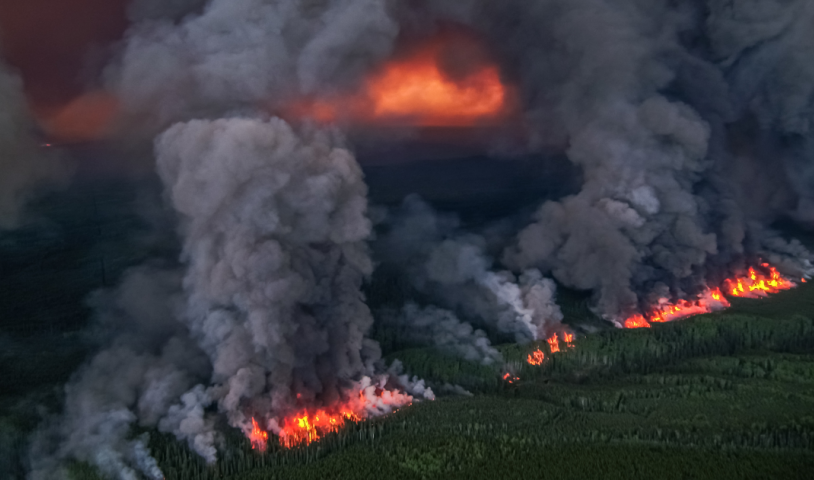Kinder Morgan’s pipeline studies may contravene park‑research permit
Thursday, April 17, 2014
Kinder Morgan Canada Inc. is conducting pipeline studies in B.C. parks under a permit that was issued at a time when any research was supposed to be focused on gathering scientific knowledge to help better manage protected areas.
The permit falls in a grey area because while research related to potential industrial projects would be permitted in parks under new legislation – which passed just two weeks ago – Kinder Morgan got authorization last November. At that time, the regulations stated that research in parks “must contribute to the scientific knowledge of the protected area(s).”
The company defends the work it is doing in the parks as being scientifically valuable. The B.C. Liberal government agrees, saying the studies will add to the overall knowledge of the areas.
But Gwen Barlee, a policy director with the Wilderness Committee, said the Kinder Morgan park-use permit raises concerns.
“It’s definitely possible Kinder Morgan could be operating without a lawful permit,” said Ms. Barlee.
Andrew Gage, a staff lawyer with West Coast Environmental Law, agrees.
“This park-use permit is probably illegal,” he said in an e-mail. “The research is not for the benefit of the park, but for the purpose of allowing the construction of pipelines on lands that are currently within the parks.”
The Wilderness Committee is seeking advice as to whether a legal challenge can be brought against the provincial government.
The permit was issued four months before the government passed Bill 4, a controversial piece of legislation that relaxes the regulations governing research in parks.
Under the bill, which Environment Minister Mary Polak said was needed mainly to make it easier for film companies to use parks as backdrops, “research” is loosely defined. Critics say the bill was brought in to clear the way for industrial studies to facilitate mines and pipelines.
Anticipating coming hearings at the National Energy Board into its proposed Trans Mountain Pipeline expansion project, Kinder Morgan applied last year for a park research permit to do watercourse assessments, soil surveys and other studies in protected areas the proposed pipeline would pass through.
Ms. Barlee said it was wrong for the B.C. government to issue the permit (which the Wilderness Committee obtained through a Freedom of Information request) and the subsequent passage of Bill 4 does not make it right.
“When you look at Bill 4, even though the government pretends it’s about filming in B.C. parks, what it is very clearly about is logging in parks, pipelines in parks and transmission lines in parks,” she said. “These are our parks. They are not the government’s parks to give away.”
In an e-mail, the Ministry of Environment defended the Kinder Morgan permit, but acknowledged that at the time it was issued the legal authority wasn’t clear.
“BC Parks has issued research permits in the past and believed they had [authority] to issue such permits. Recent legal review raised concerns that the authority for issuing these permits is not clear and ensuring clarity through amending the Park Act would be required. This is what [Bill 4] does,” said the statement.
Jason Smith, Kinder Morgan’s main environmental consultant on the Trans Mountain project, said the research work is all directly related to the proposed pipeline, but has broader scientific value.
He said the work will be shared with the government and will add to the overall knowledge of the parks.
“We were very clear that our reason for seeking the permit was to do the necessary studies and research for the proposed pipeline,” he said. “But in order to do the research, we were following very specific scientific methodologies. These are scientists and biologists, researchers that are out there gathering information on the various disciplines and once that information is gathered, it will be … given back to BC Parks.”
Photo: Kinder Morgan says its survey work in B.C. parks, including Bridal Veil Falls Provincial Park, was primarily for their Trans Mountain Pipeline expansion project.





